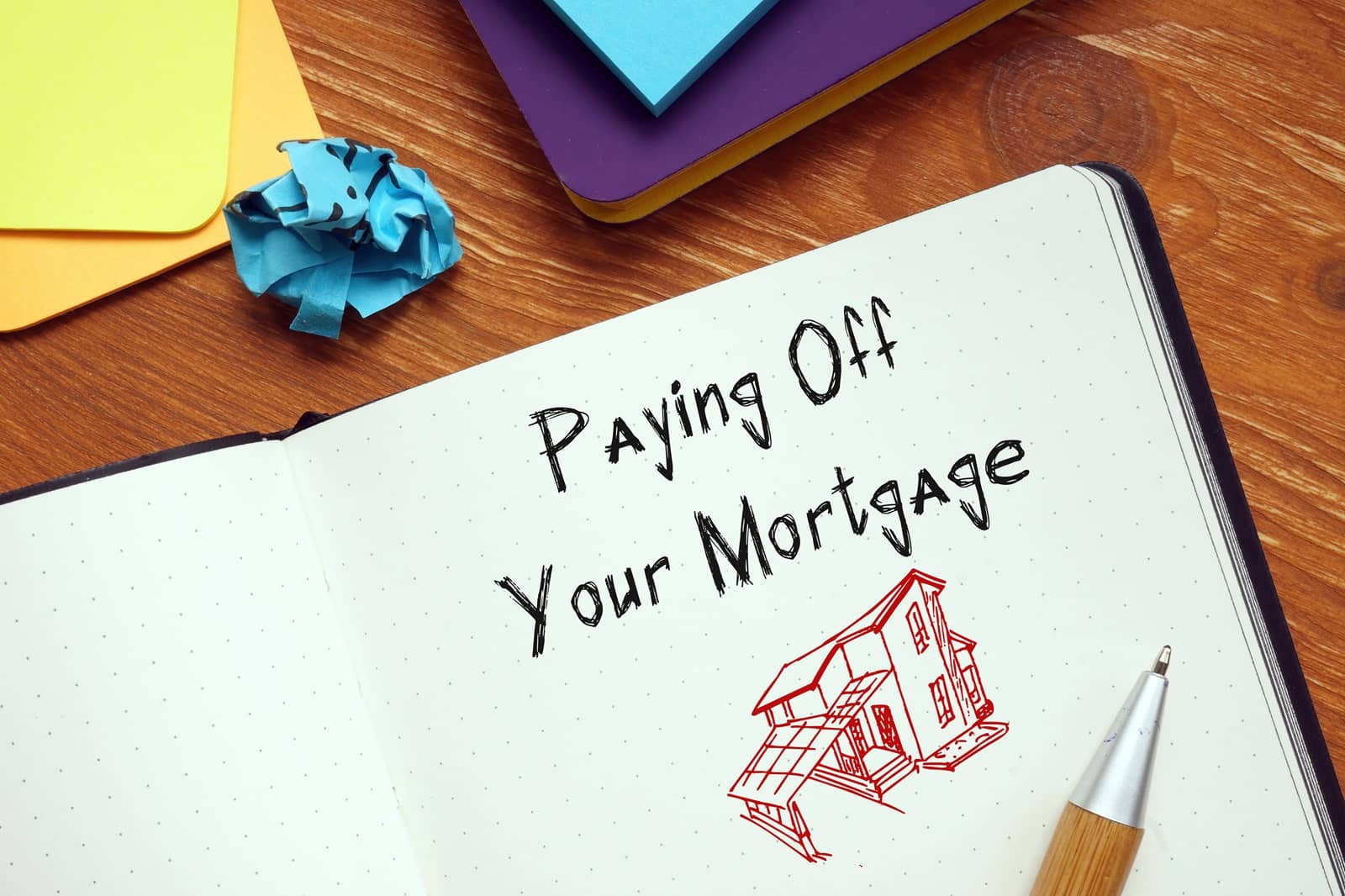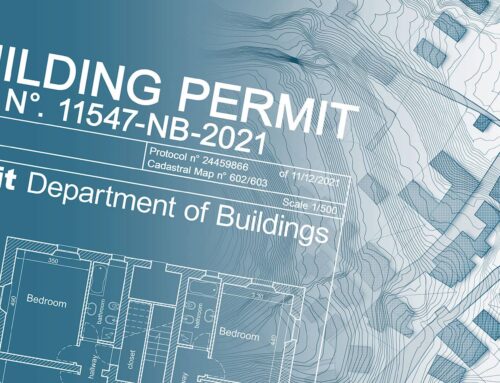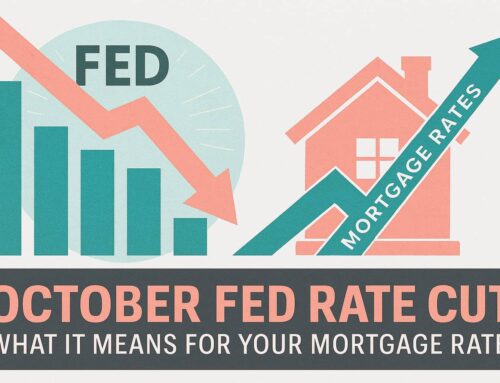
Disclosure: The contents of this blog are intended to provide a general understanding and discussion about paying off mortgages. They are not meant to serve as a substitute for professional advice related to personal financial or tax situations. As every individual’s situation is unique and constantly evolving, it is highly recommended to consult with a qualified tax professional or financial advisor to understand the implications of paying off your mortgage early. This will help you make well-informed decisions that align with your financial goals and tax obligations.
Should i pay off my mortgage?
Paying off a mortgage early can indeed have some downsides. Tax implications could lead to a potentially higher tax bill due to the elimination of mortgage interest deductions. Furthermore, funds used for payoff could possibly be invested in other areas with higher returns. This decision also affects liquidity, with reduced cash on hand for emergencies or other expenditures. Analyzing these factors carefully could shed more light on the intricacies and overall impact on your financial health.
Key Takeaways
- Paying off a mortgage early can eliminate the mortgage interest deduction, potentially increasing your tax bill.
- The money used for early mortgage payoff could be invested in tax-advantaged accounts for better returns.
- Early mortgage payoff could compromise retirement savings if not balanced correctly.
- Paying off a mortgage early could lead to a lack of available funds for other high-interest debts or unexpected expenses.
- An individual’s financial health and future financial goals should be thoroughly evaluated before deciding on early mortgage payoff.
Understanding Early Mortgage Payoff: Pros and Cons
Opting for an early mortgage payoff can be an appealing choice for many homeowners. However, it’s not without potential drawbacks, including impacts on tax deductions. Understanding these implications is critical in making an informed decision about prepaying a mortgage.
Is there a tax disadvantage to paying off a mortgage?
While paying off a mortgage early can be advantageous, it’s important to understand the potential tax implications. Homeowners who itemize deductions on their tax returns can usually deduct the interest paid on a mortgage. This interest deduction can considerably lower one’s taxable income, especially in the early years of the loan when interest payments are highest. However, if the mortgage is paid off early, this deduction disappears, which can result in a higher tax bill. Additionally, the money used to pay off the mortgage could be invested in tax-advantaged retirement accounts, offering additional tax benefits. Therefore, the decision to pay off a mortgage early should be carefully considered in light of one’s overall tax situation.
The Financial Implications of Paying Off Your Mortgage Early
The financial implications of early mortgage payoff can be significant and varied. While some homeowners may enjoy the freedom from monthly payments, others may encounter opportunity costs or liquidity issues. Consequently, understanding the full financial picture is essential before making such a decision.
What is the average age at which people pay off their mortgage?
Ever wondered when the majority of homeowners finally bid farewell to their mortgage payments? The answer, while influenced by various factors, typically lies around the age of 65. This timing often aligns with retirement, a period when people prefer to reduce their financial obligations. The Federal Reserve’s Survey of Consumer Finances data suggests that about 35% of households headed by individuals aged 65-74 are mortgage-free. However, this varies considerably based on factors such as income, location, and personal financial decisions. Some homeowners accelerate their payments to achieve this milestone earlier, while others may extend their payments due to refinancing or long-term mortgages. Regardless, understanding the average payoff age can help in making informed financial decisions.
Evaluating Your Personal Financial Situation Before Paying Off Your Mortgage
Before deciding to pay off a mortgage, one must carefully evaluate their personal financial situation. This involves a thorough review of current income, debts, savings, and future financial goals. An understanding of how these factors interact can inform the decision to either pay off a mortgage early or continue with the existing payment plan.
What percentage of Americans pay off their mortgage?
A significant aspect to contemplate when deciding whether to pay off your mortgage early is evaluating your personal financial situation. This involves understanding the percentage of Americans who manage to pay off their mortgages.
According to the U.S Census Bureau, roughly 34% of owner-occupied homes are mortgage-free. However, age plays a significant role in mortgage payoff statistics. The following table provides a clearer understanding:
| Age Group | Percentage of Homes Mortgage-Free |
|---|---|
| Under 35 | 11% |
| 35 to 44 | 20% |
| 45 to 54 | 30% |
| Over 65 | 65% |
Each individual’s financial situation and goals vary, making the decision to pay off a mortgage a personal one tied to one’s financial health and long-term plans.
Balancing Mortgage Payoff With Other Financial Priorities and Goals
While paying off a mortgage early may seem appealing, balancing this goal with other financial priorities is essential. Every individual has different financial objectives, and the decision to accelerate mortgage payments should be made in the context of these goals.
- Consider retirement savings. Contributing to retirement accounts often offers tax advantages and potential employer matches.
- Assess other debts. High-interest debt, like credit card balances, should be paid off before low-interest, tax-deductible mortgage debt.
- Evaluate potential investment opportunities. If the mortgage interest rate is low, investing excess cash may yield higher returns.
- Prepare for unexpected expenses. Having an emergency fund is vital to cover unforeseen costs.
Thus, a strategic balance is necessary to optimize financial decisions for long-term financial stability and well-being.
Frequently Asked Questions
Conclusion
In summary, while early mortgage payoff can offer financial freedom and peace of mind, it may not be the right choice for everyone. Factors such as opportunity cost, liquidity, and tax implications must be carefully weighed. Personal financial circumstances and other financial goals should also be considered. As a result, it is essential for homeowners to thoroughly understand the implications of early mortgage payoff and make an informed decision that aligns with their overall financial strategy.










